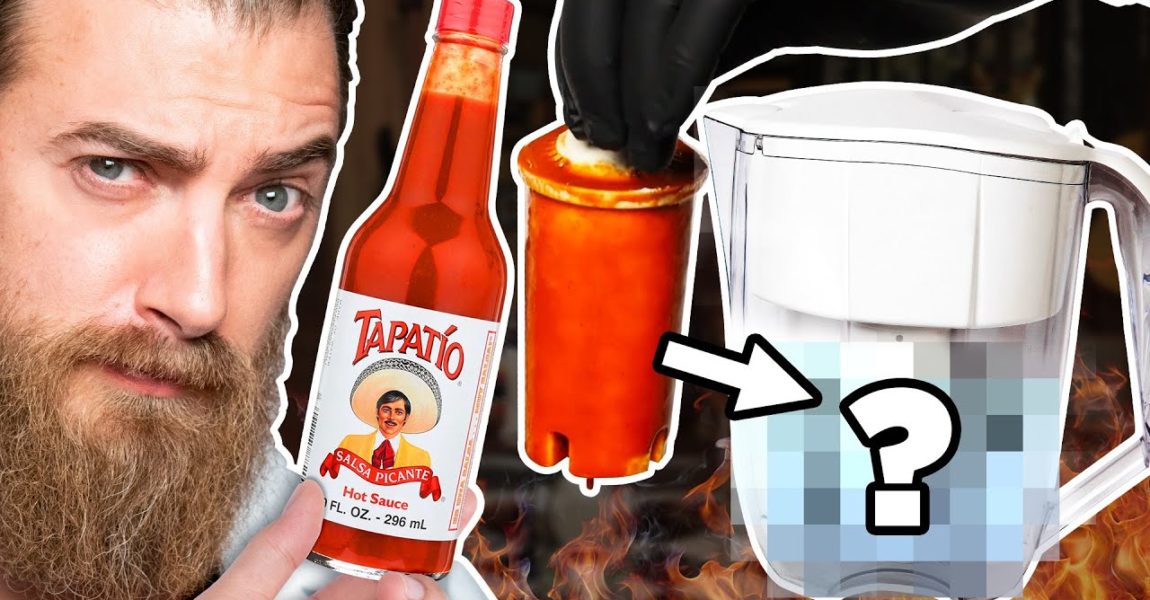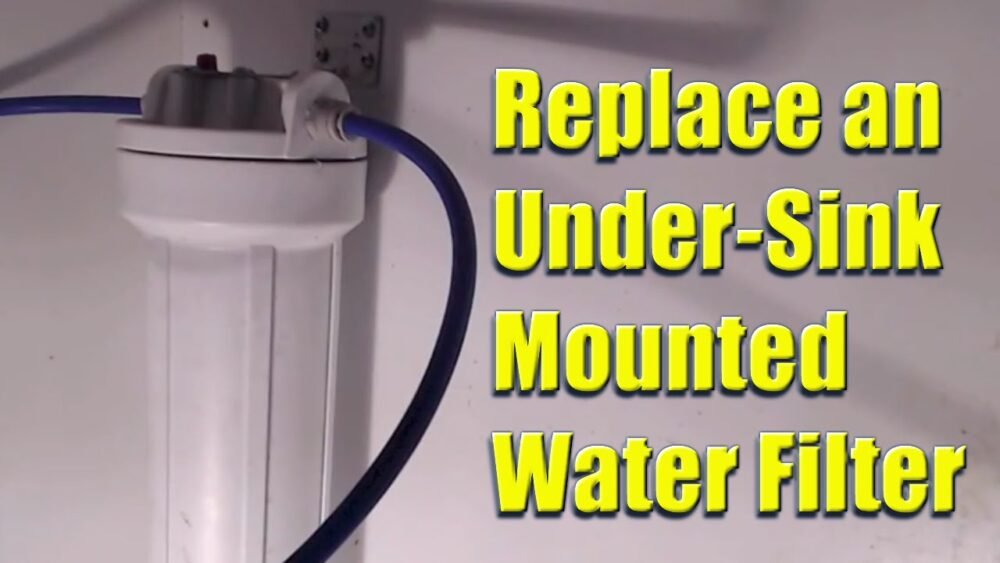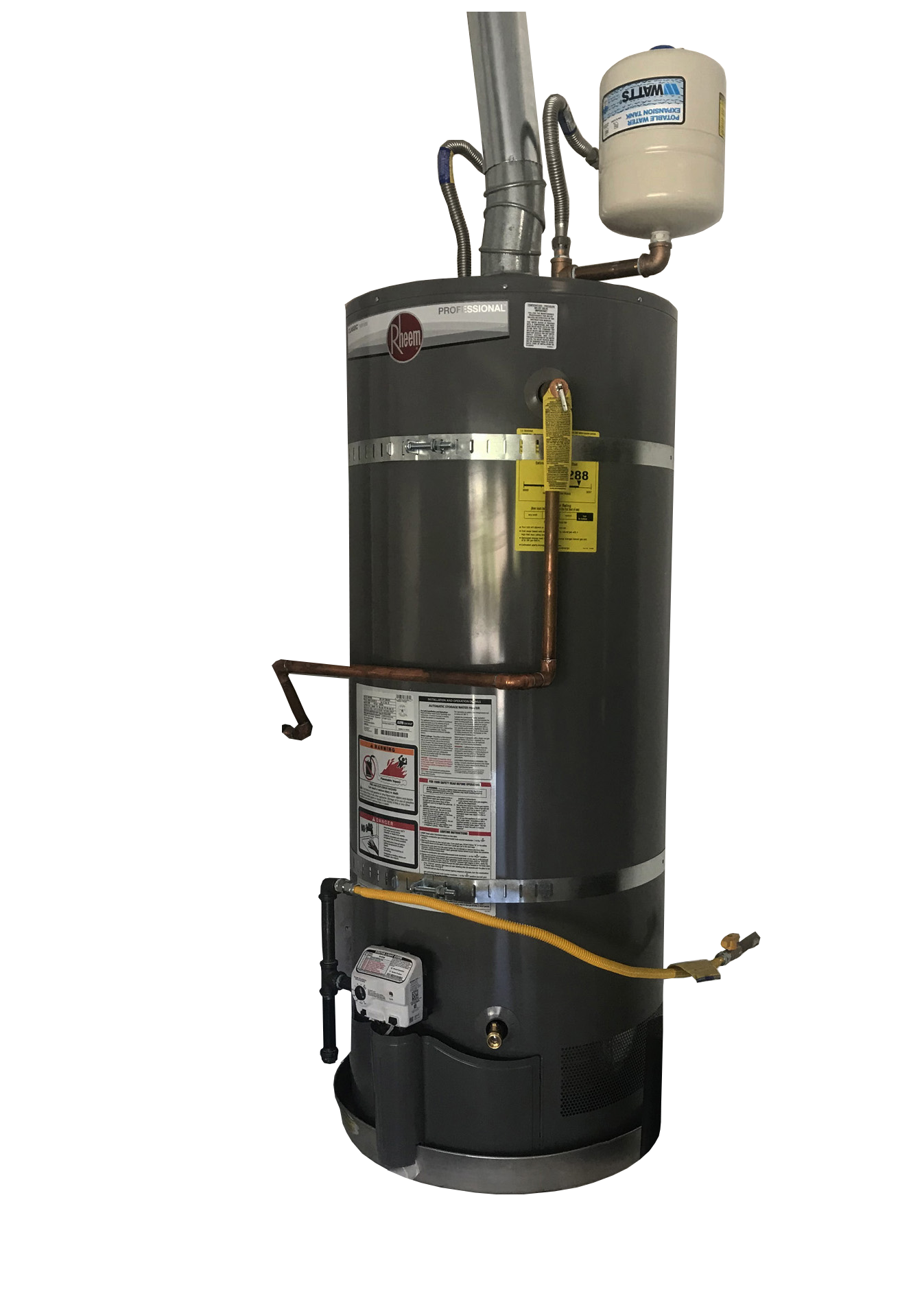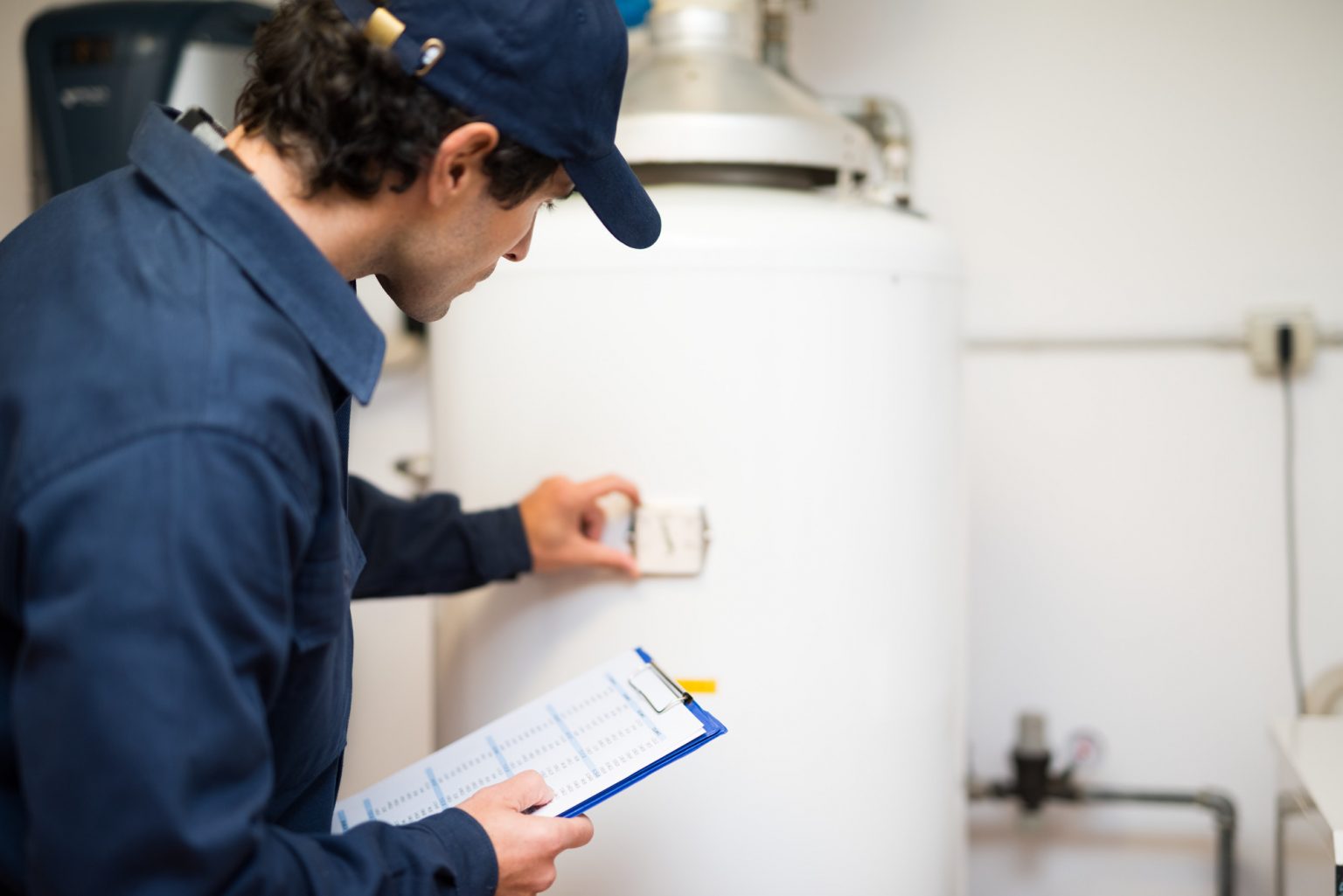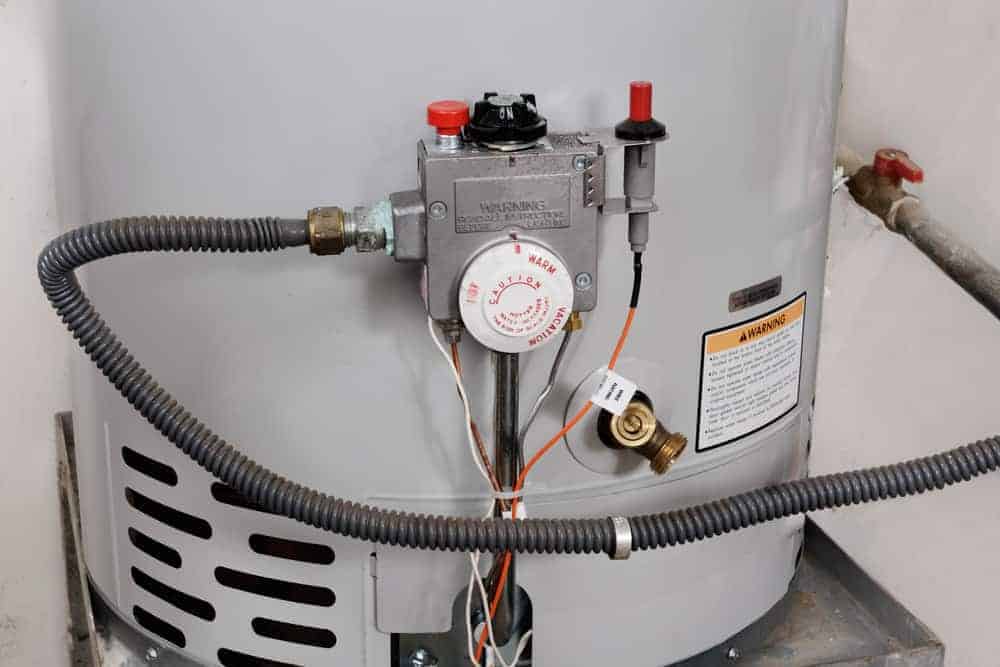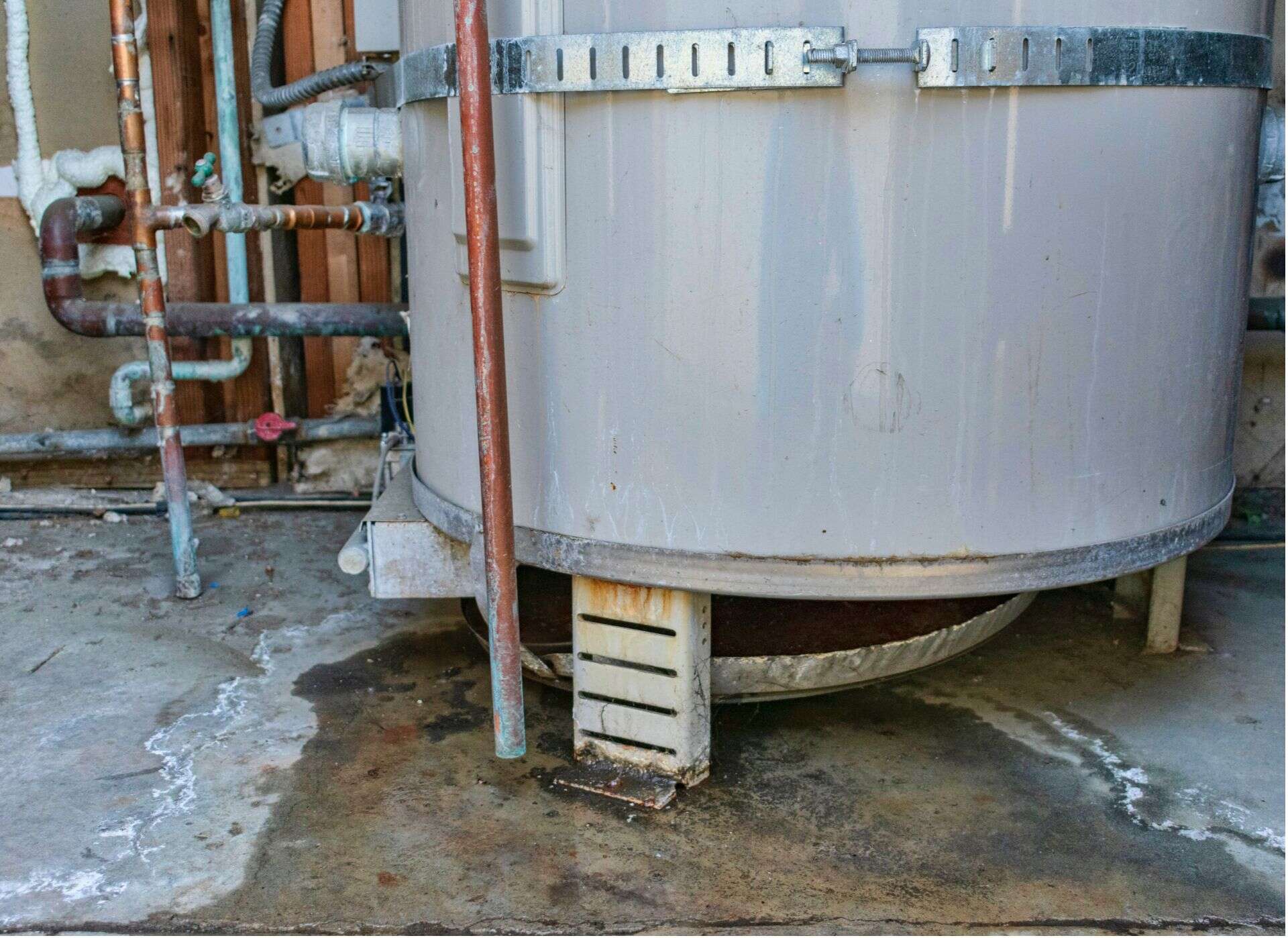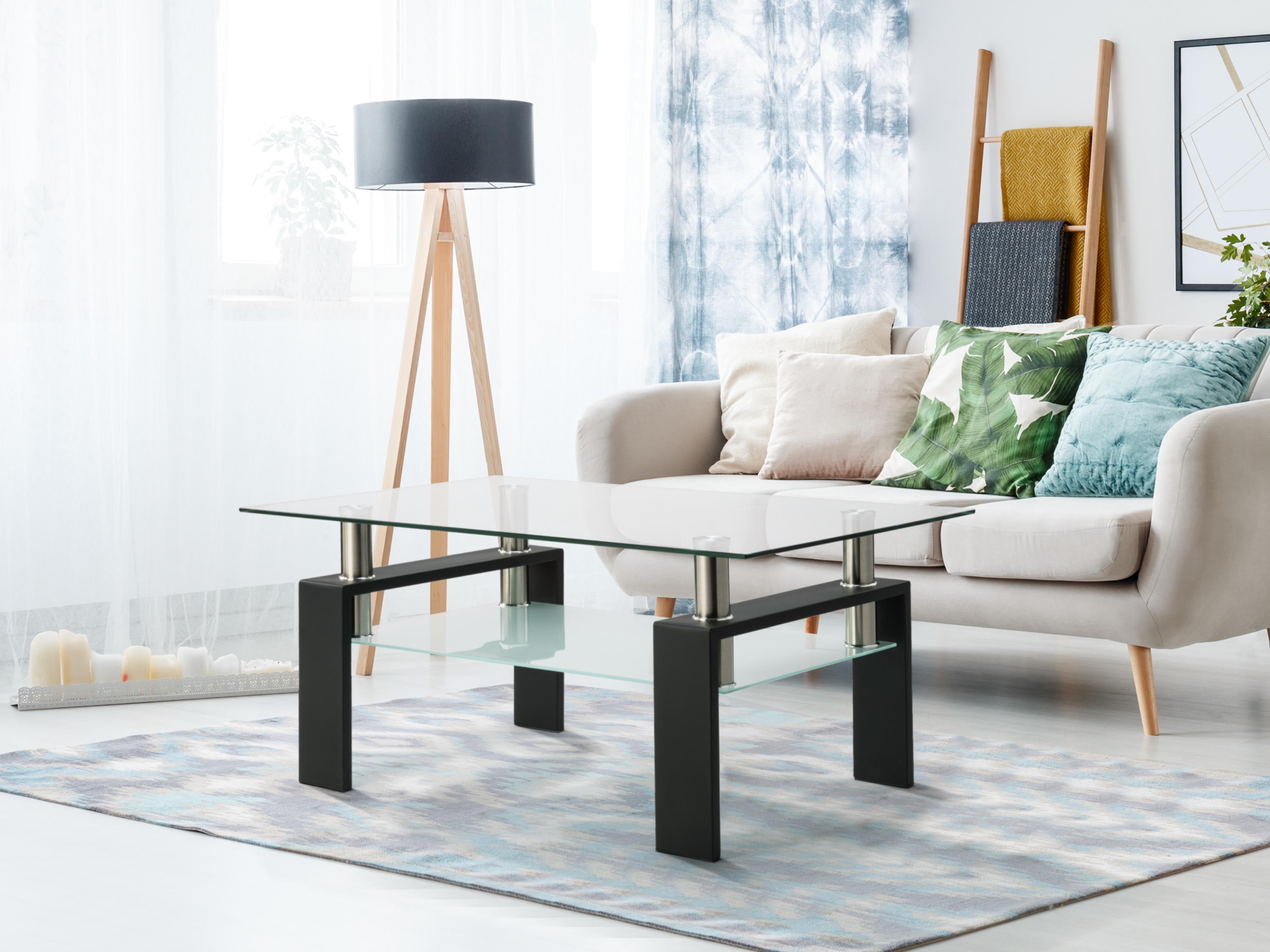Check the aerator
If your kitchen sink has suddenly lost water pressure, the first thing you should check is the aerator. This small device is located at the tip of the faucet and is responsible for controlling the flow of water. Over time, it can become clogged with mineral deposits or debris, causing a decrease in water pressure. To check the aerator, simply unscrew it from the faucet and clean it thoroughly with a mixture of vinegar and water. If the issue persists, it may be time to replace the aerator altogether.
Check the water supply
Another common cause of low water pressure in kitchen sinks is an issue with the water supply. If there is a problem with the main water line or the pipes leading to your home, it can affect the water pressure in all of your faucets, including the kitchen sink. To determine if this is the case, check with your neighbors to see if they are also experiencing low water pressure. If they are, then the issue is most likely with the water supply and you should contact your water provider for assistance.
Check the shut-off valves
Before calling a plumber, it's important to check the shut-off valves under your kitchen sink. These valves control the flow of water to your faucet and if they are accidentally turned off or partially closed, it can greatly affect the water pressure. Make sure the valves are fully open and check for any signs of damage. If the valves are in good condition and fully open, then the issue lies elsewhere.
Check for clogs in the pipes
Clogged pipes can also be a major cause of low water pressure in kitchen sinks. Over time, debris, hair, and other materials can build up in the pipes, restricting the flow of water. You can try using a plunger to clear any clogs or invest in a drain snake to reach deeper into the pipes. If these methods don't work, it may be necessary to call a professional plumber to clear the clog.
Check the water pressure regulator
If your home has a water pressure regulator, it may need to be adjusted to increase the water pressure in your kitchen sink. This device is typically located near the main water line and controls the flow of water into your home. If the pressure is set too low, it can cause issues with water pressure in all of your faucets. Consult the manufacturer's instructions or call a plumber for assistance with adjusting the water pressure regulator.
Check for leaks in the pipes
Leaking pipes can also lead to a decrease in water pressure. If there is a leak in the pipes under your kitchen sink, it can affect the overall water pressure in your home. To check for leaks, turn off the water supply and inspect the pipes for any signs of damage or corrosion. If you notice a leak, it's important to call a plumber immediately to fix the issue and prevent further damage.
Check the faucet cartridge
The faucet cartridge is another component that can affect the water pressure in your kitchen sink. This small device controls the flow of water and can become worn or damaged over time. If you notice a decrease in water pressure, it may be time to replace the faucet cartridge. Consult the manufacturer's instructions or call a plumber for assistance with replacing the cartridge.
Check the water filter
If your kitchen sink is equipped with a water filter, it may need to be replaced to improve the water pressure. Over time, filters can become clogged with sediment and debris, hindering the flow of water. Refer to the manufacturer's instructions or call a plumber for assistance with replacing the filter.
Check the hot water heater
In some cases, the issue with low water pressure may be specific to the hot water in your kitchen sink. This can be due to a malfunctioning hot water heater or sediment buildup in the tank. Consult the manufacturer's instructions or call a plumber to inspect and repair the hot water heater if needed.
Call a plumber for professional help
If you have tried all of the above steps and are still experiencing low water pressure in your kitchen sink, it may be time to call a professional plumber. They have the knowledge and tools to diagnose and fix any underlying issues that may be causing the problem. Don't hesitate to reach out for assistance to restore your kitchen sink's water pressure to its full potential.
Possible Causes for Low Water Pressure in Your Kitchen Sink

Introduction
 If you've noticed a decrease in water pressure in your kitchen sink, it can be frustrating and inconvenient. Washing dishes, filling pots, and even getting a drink of water can take longer and feel like a chore. But before you call a plumber, there are a few common causes that could be behind the low water pressure in your kitchen sink.
If you've noticed a decrease in water pressure in your kitchen sink, it can be frustrating and inconvenient. Washing dishes, filling pots, and even getting a drink of water can take longer and feel like a chore. But before you call a plumber, there are a few common causes that could be behind the low water pressure in your kitchen sink.
Clogged Pipes
 Clogged pipes
are a common culprit for low water pressure in any part of your home. Over time, debris, hair, and other materials can build up in your pipes, restricting the flow of water. This can be especially true for kitchen sinks, where food particles and grease can easily get washed down the drain. To fix this issue, you may need to call a professional to
unclog
your pipes and restore proper water flow.
Clogged pipes
are a common culprit for low water pressure in any part of your home. Over time, debris, hair, and other materials can build up in your pipes, restricting the flow of water. This can be especially true for kitchen sinks, where food particles and grease can easily get washed down the drain. To fix this issue, you may need to call a professional to
unclog
your pipes and restore proper water flow.
Malfunctioning Faucet
 Another possible cause for low water pressure in your kitchen sink is a
malfunctioning faucet
. If the faucet is old or has a damaged part, it may not be able to regulate the water flow properly. This can result in low water pressure or even a complete lack of water. If you suspect this may be the case, consider replacing your faucet with a new one.
Another possible cause for low water pressure in your kitchen sink is a
malfunctioning faucet
. If the faucet is old or has a damaged part, it may not be able to regulate the water flow properly. This can result in low water pressure or even a complete lack of water. If you suspect this may be the case, consider replacing your faucet with a new one.
Water Leaks
 A leak in your water supply line can also lead to low water pressure in your kitchen sink. Even a small leak can significantly reduce the amount of water reaching your faucet. If you suspect a leak, it's essential to address it as soon as possible. Not only will it help restore water pressure, but it can also prevent further damage and save you money on your water bill.
A leak in your water supply line can also lead to low water pressure in your kitchen sink. Even a small leak can significantly reduce the amount of water reaching your faucet. If you suspect a leak, it's essential to address it as soon as possible. Not only will it help restore water pressure, but it can also prevent further damage and save you money on your water bill.
Water Pressure Regulator
 Your home's
water pressure regulator
is responsible for maintaining a steady and safe water pressure throughout your plumbing system. However, if it becomes damaged or malfunctions, it can lead to low water pressure in your kitchen sink. If you suspect this may be the issue, it's best to call a professional to inspect and potentially replace the regulator.
Your home's
water pressure regulator
is responsible for maintaining a steady and safe water pressure throughout your plumbing system. However, if it becomes damaged or malfunctions, it can lead to low water pressure in your kitchen sink. If you suspect this may be the issue, it's best to call a professional to inspect and potentially replace the regulator.
Conclusion
 In conclusion, there are a few common causes for low water pressure in your kitchen sink, including clogged pipes, a malfunctioning faucet, water leaks, and a faulty water pressure regulator. By identifying the root cause, you can take the necessary steps to restore proper water pressure in your kitchen sink and make your daily tasks more manageable. If these solutions do not solve the issue, it's best to consult a professional plumber for further assistance.
In conclusion, there are a few common causes for low water pressure in your kitchen sink, including clogged pipes, a malfunctioning faucet, water leaks, and a faulty water pressure regulator. By identifying the root cause, you can take the necessary steps to restore proper water pressure in your kitchen sink and make your daily tasks more manageable. If these solutions do not solve the issue, it's best to consult a professional plumber for further assistance.



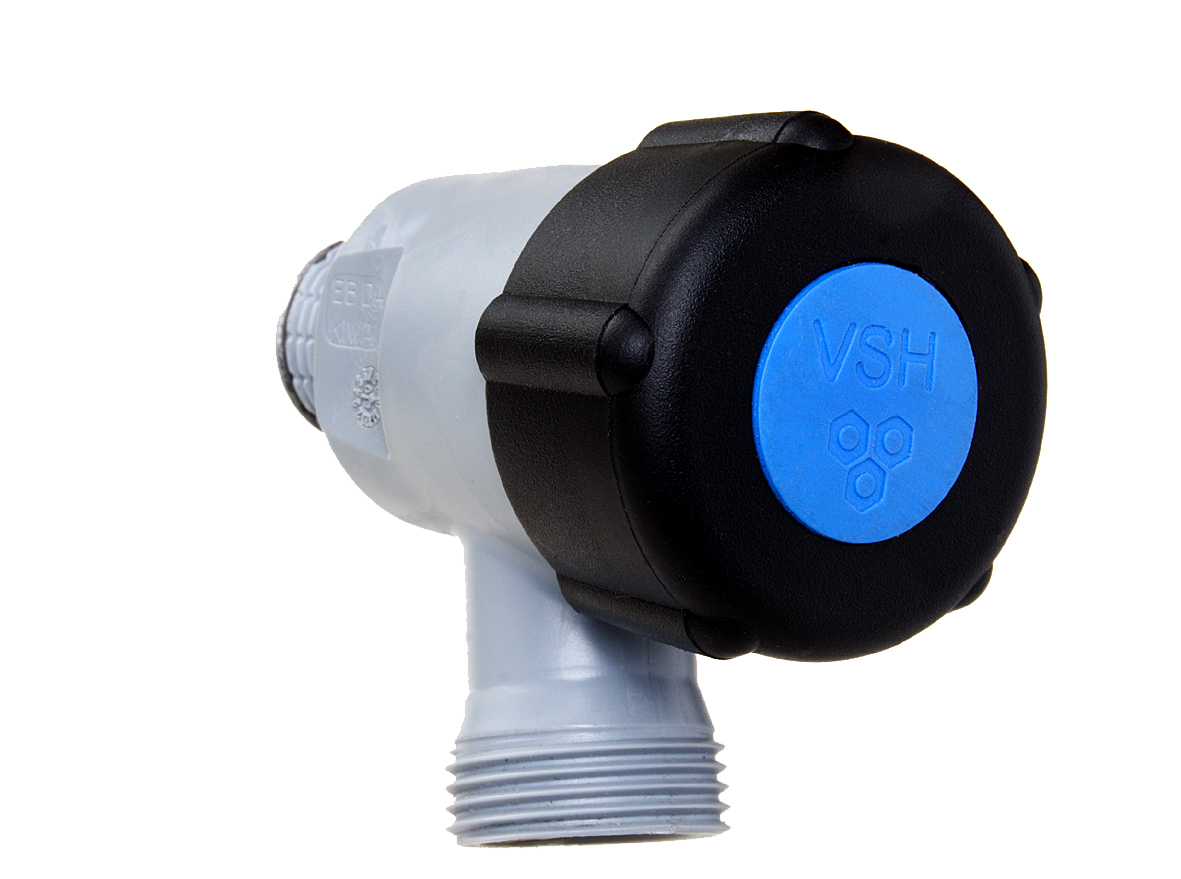






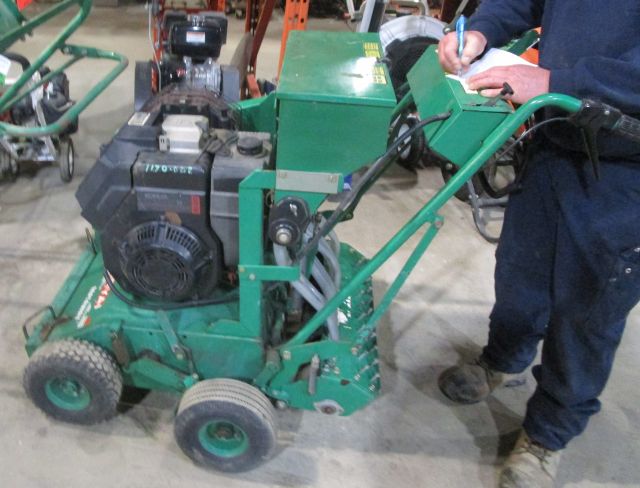
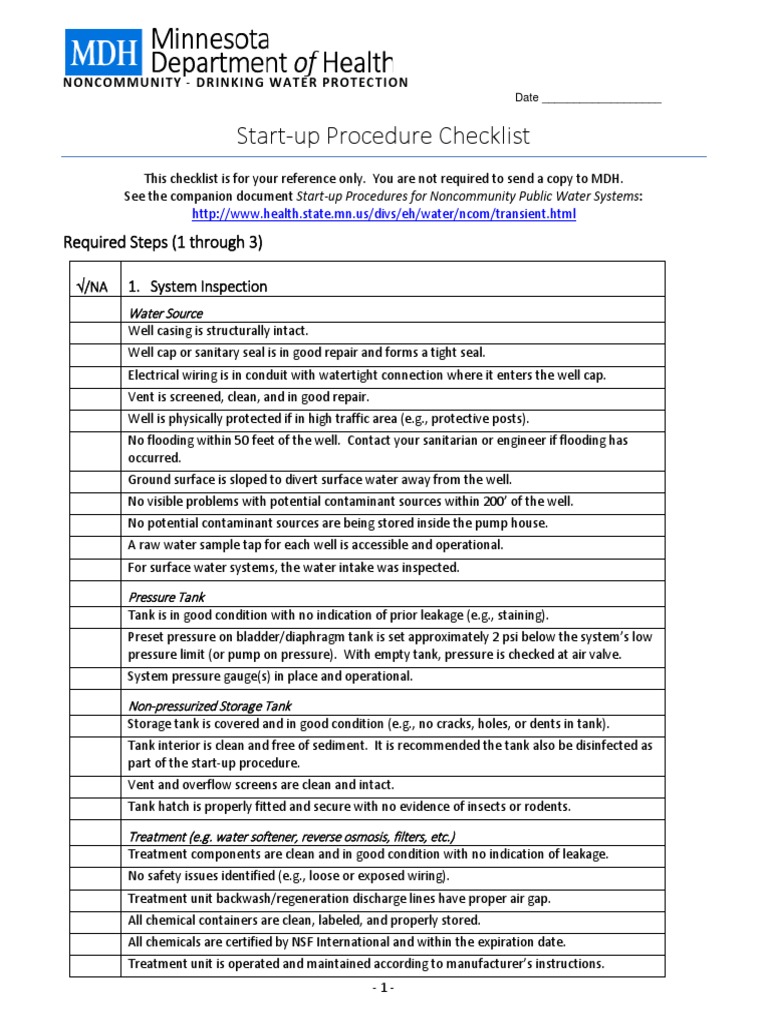


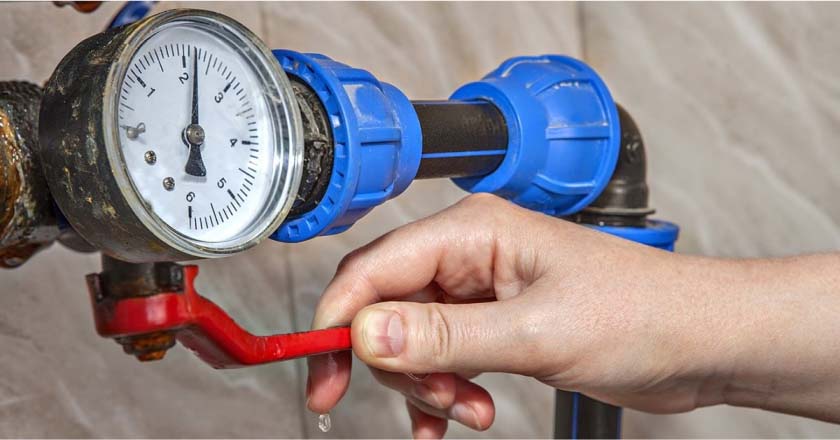
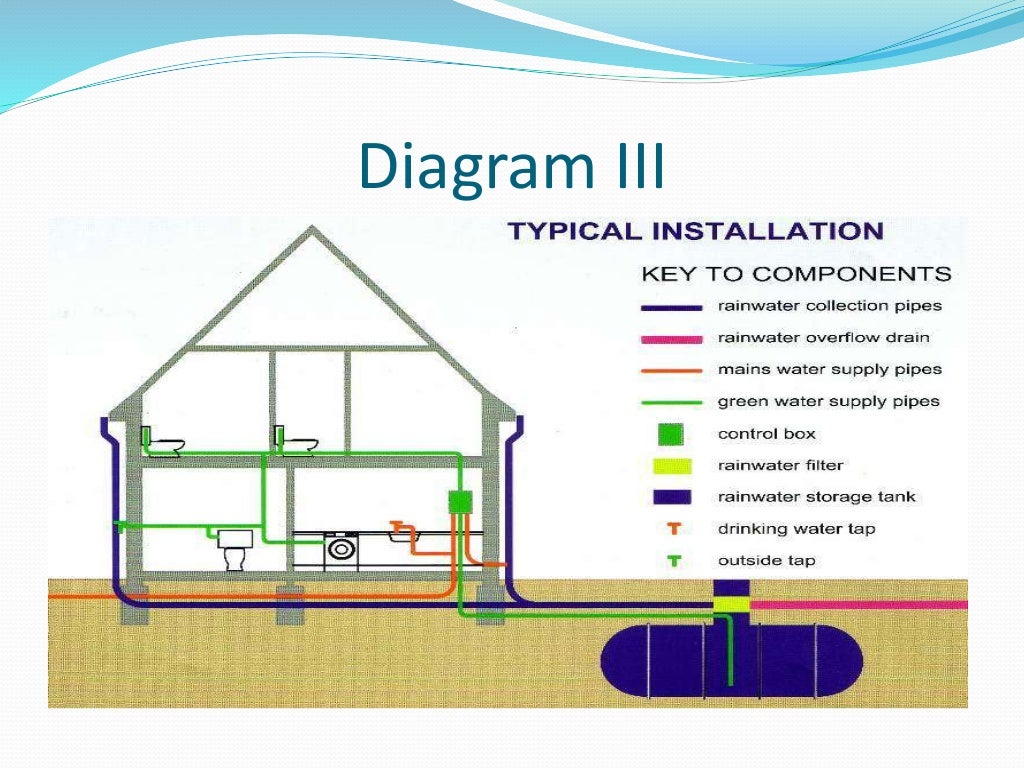


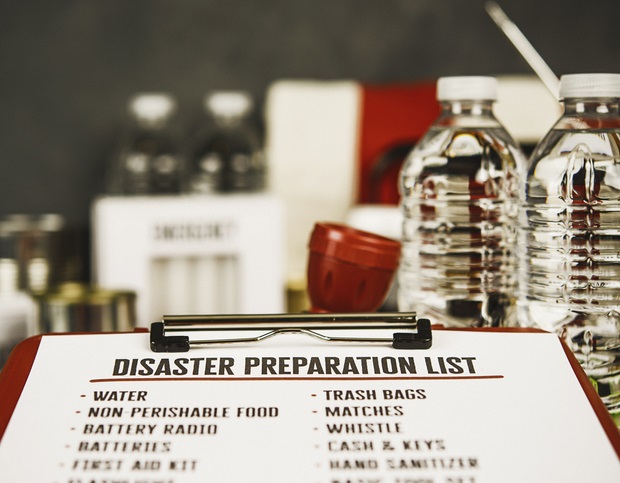


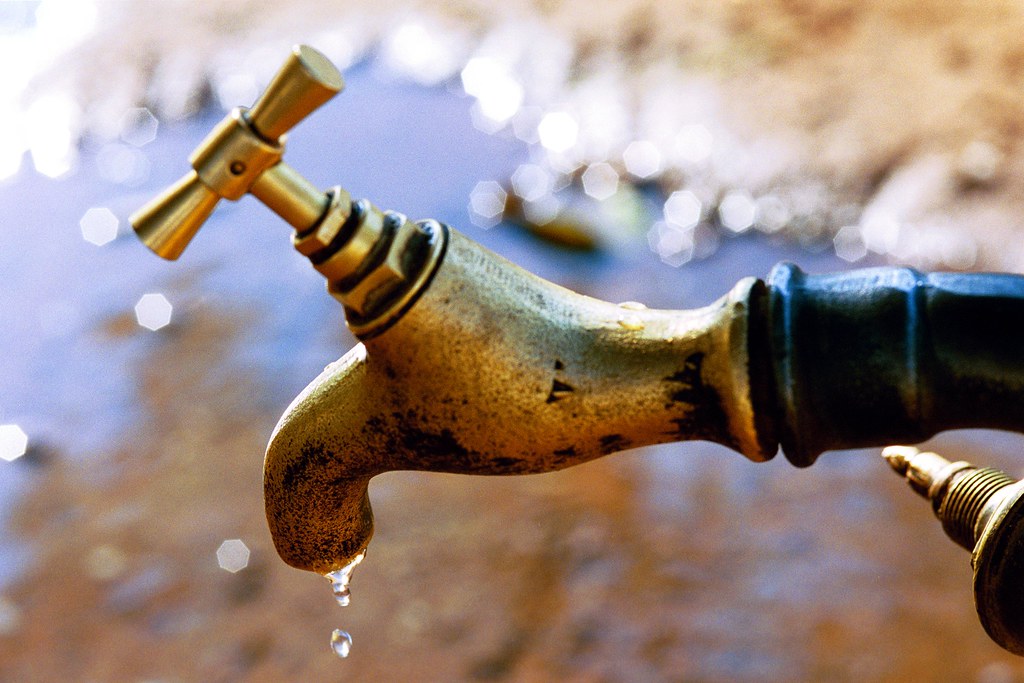
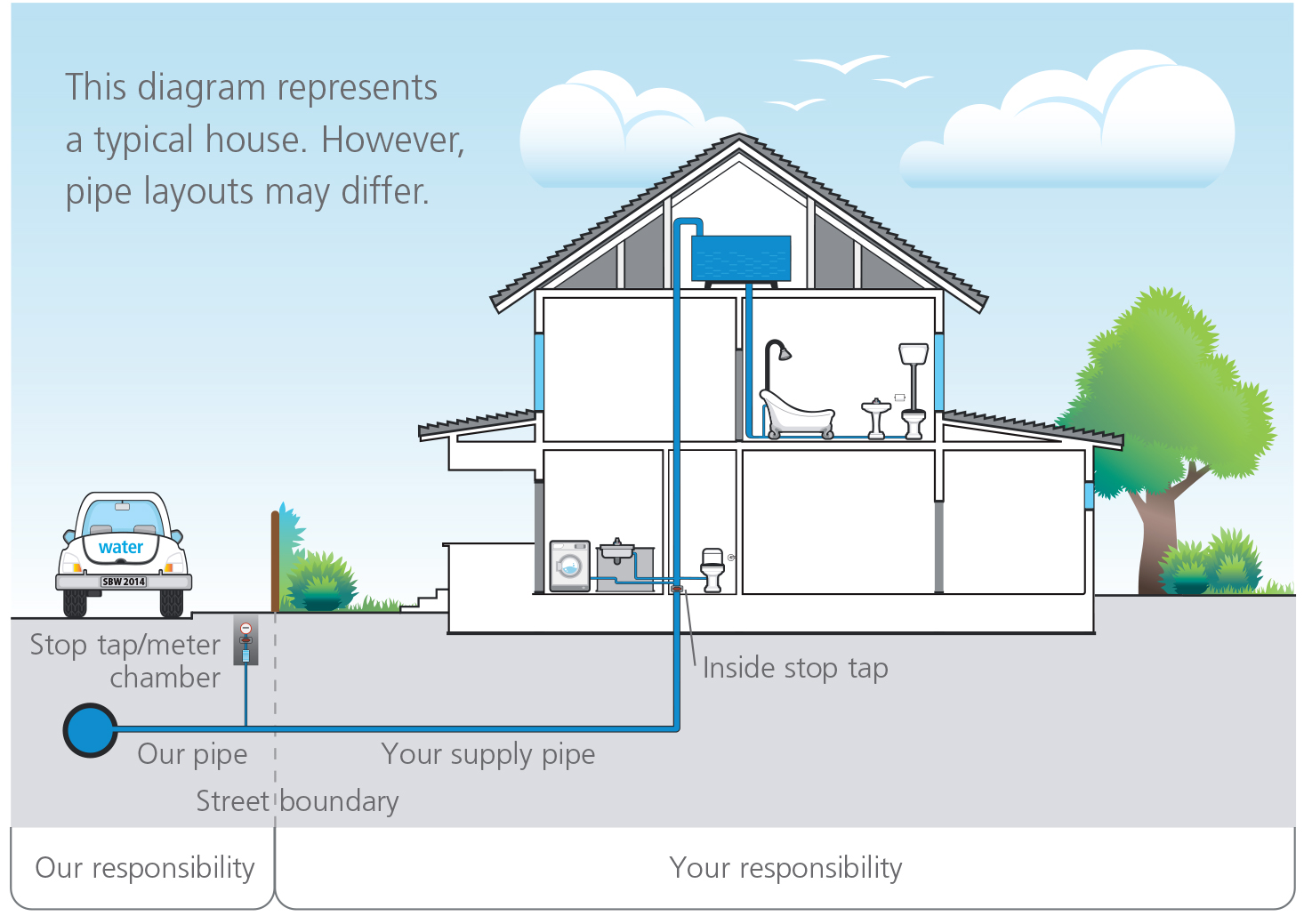



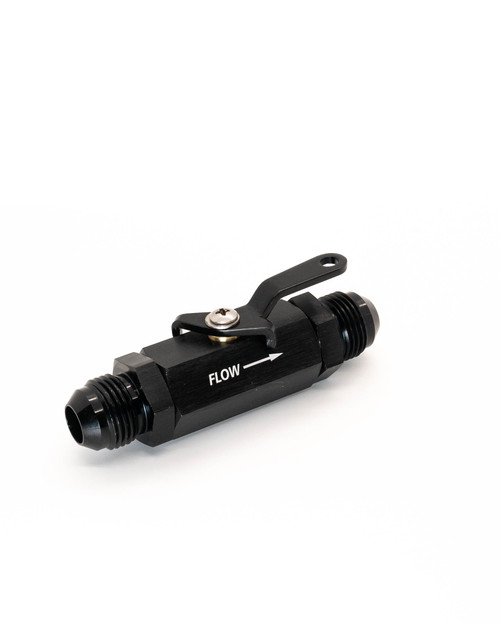
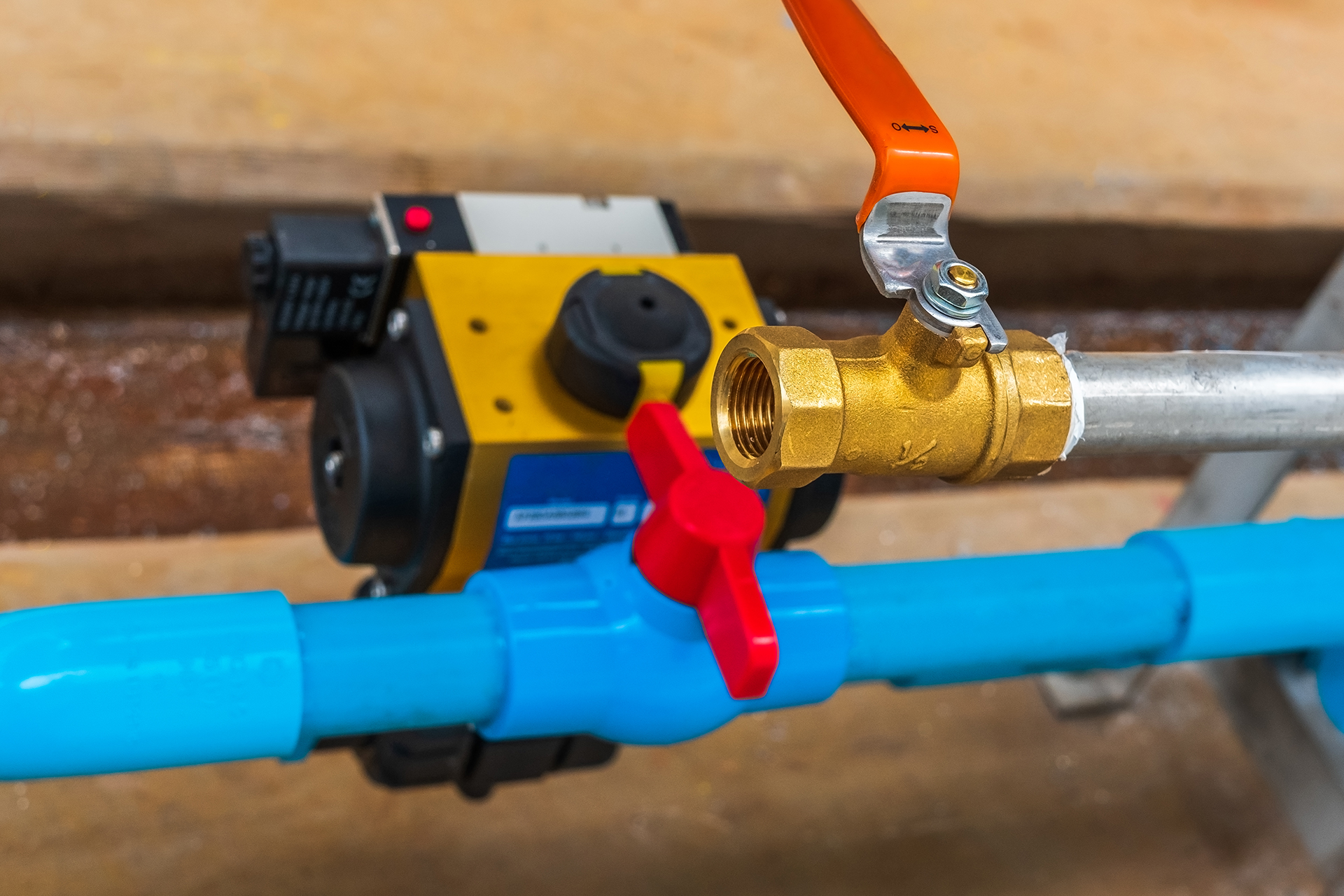
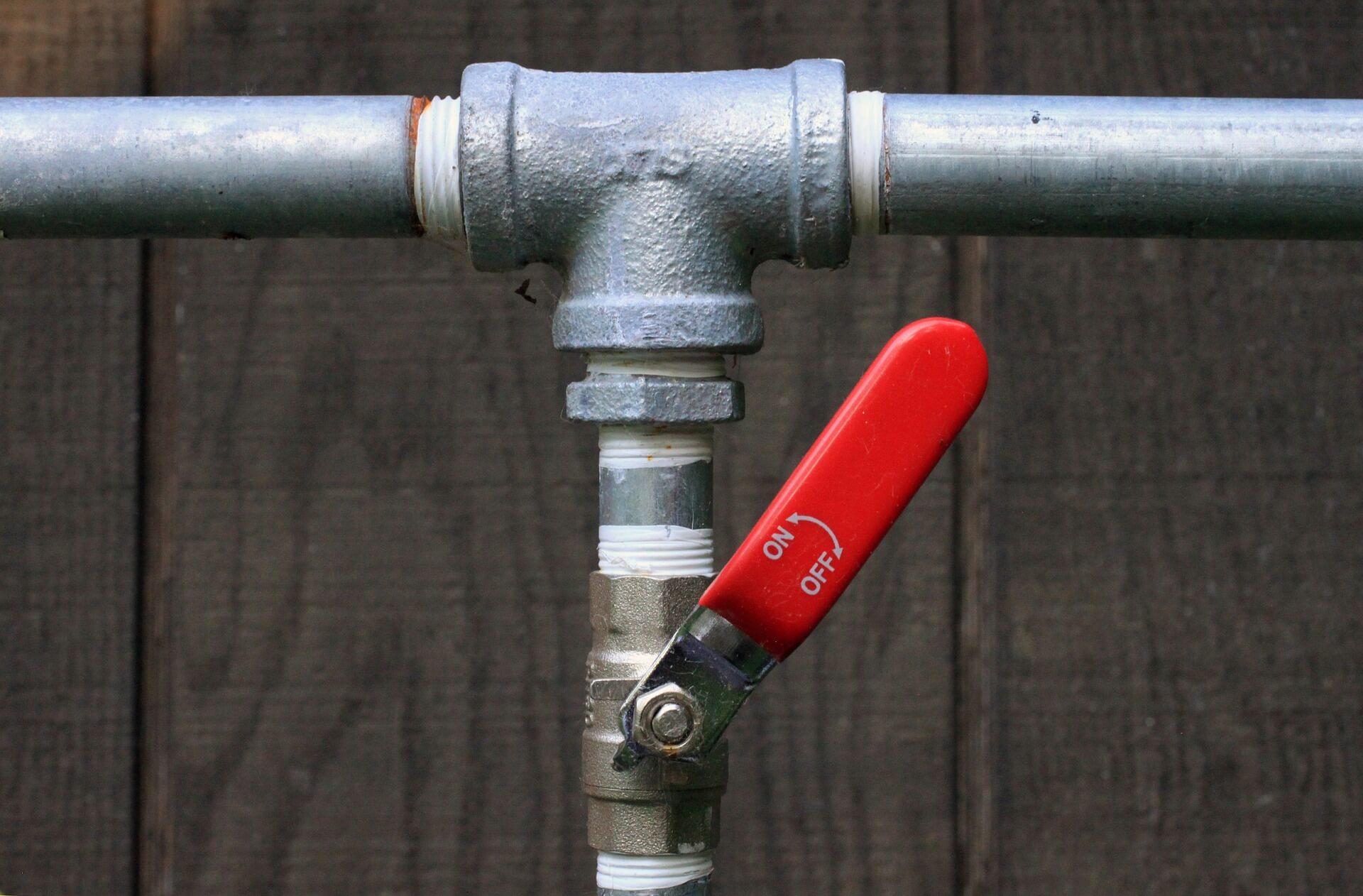

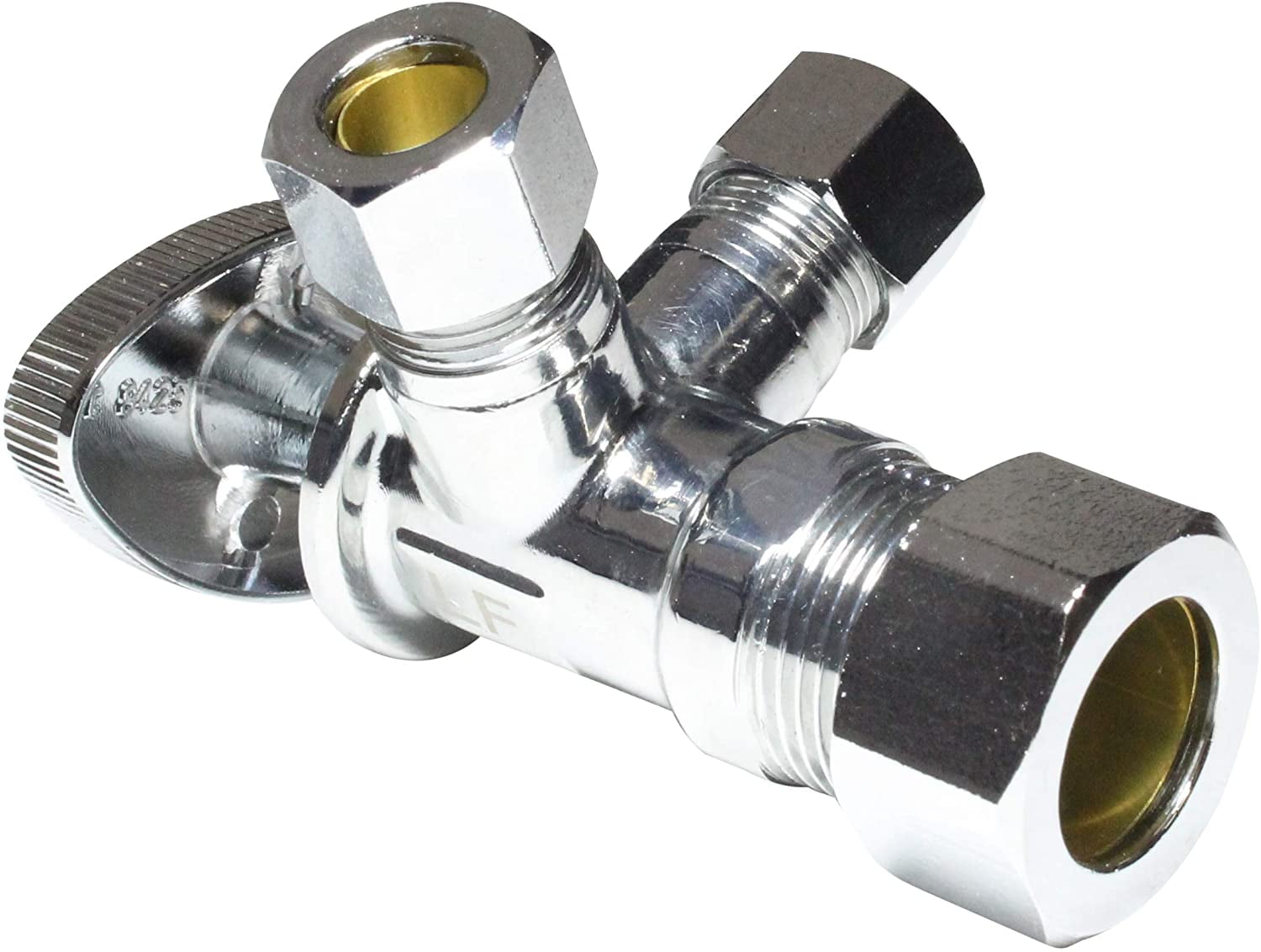








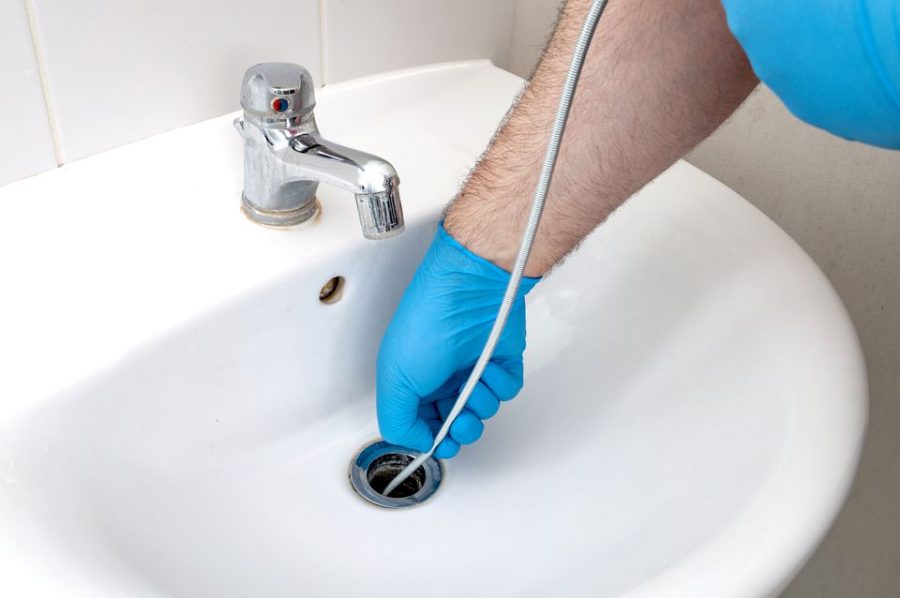
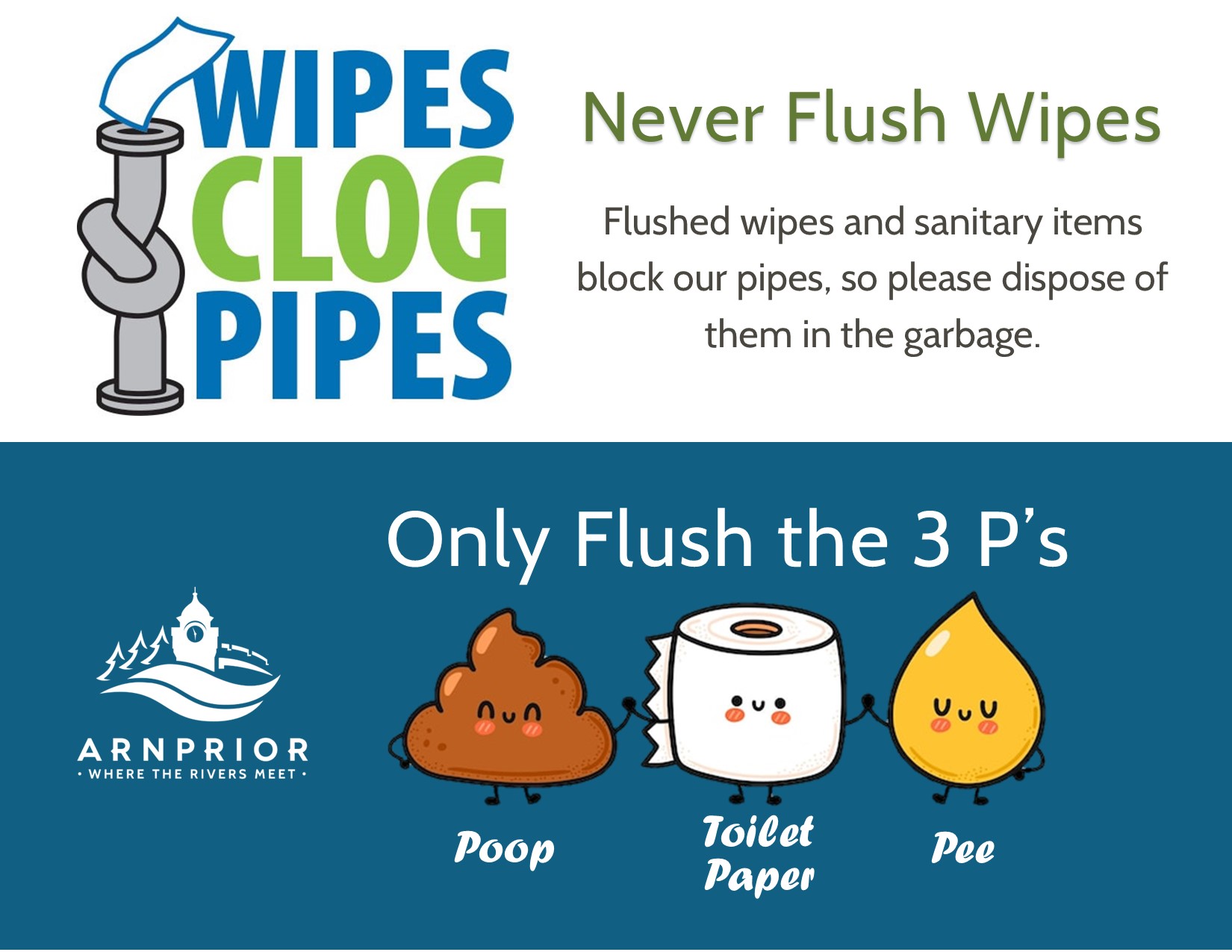






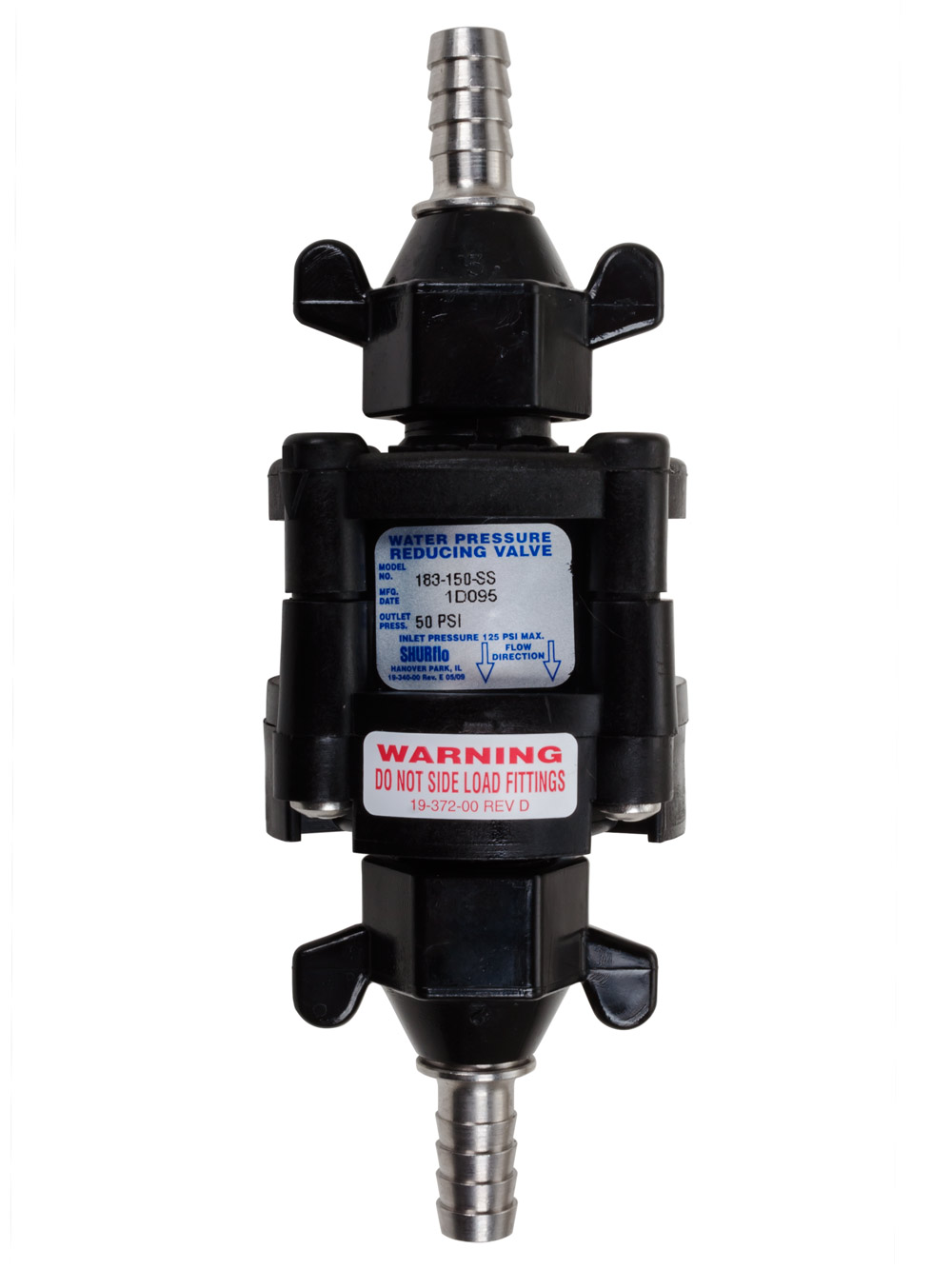

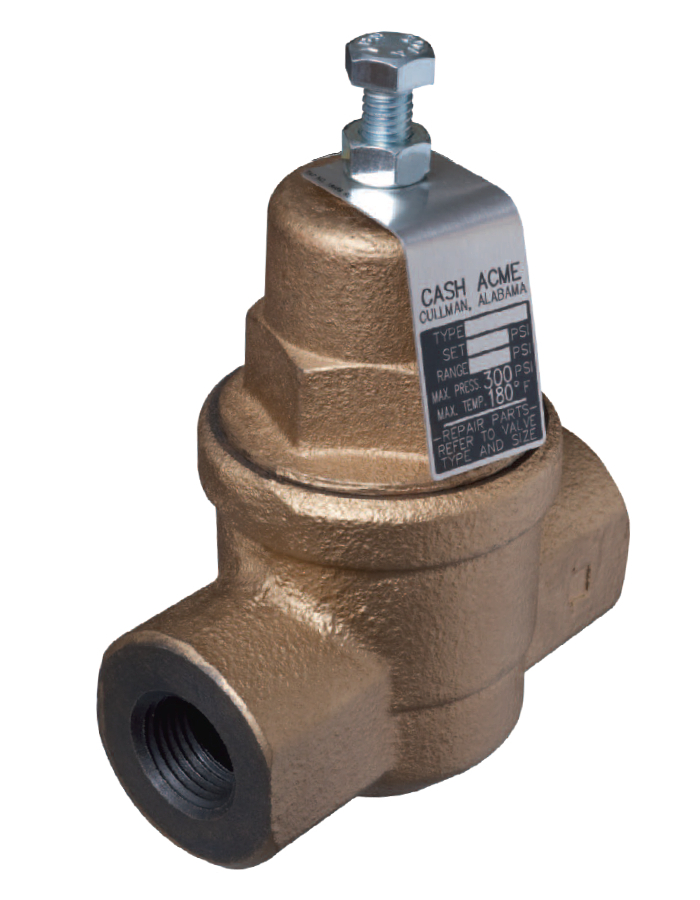
:max_bytes(150000):strip_icc()/the-men-s-hand-opens-the-ball-valve-on-the-collector-1006810456-5c5fc73fc9e77c000159c4af.jpg)


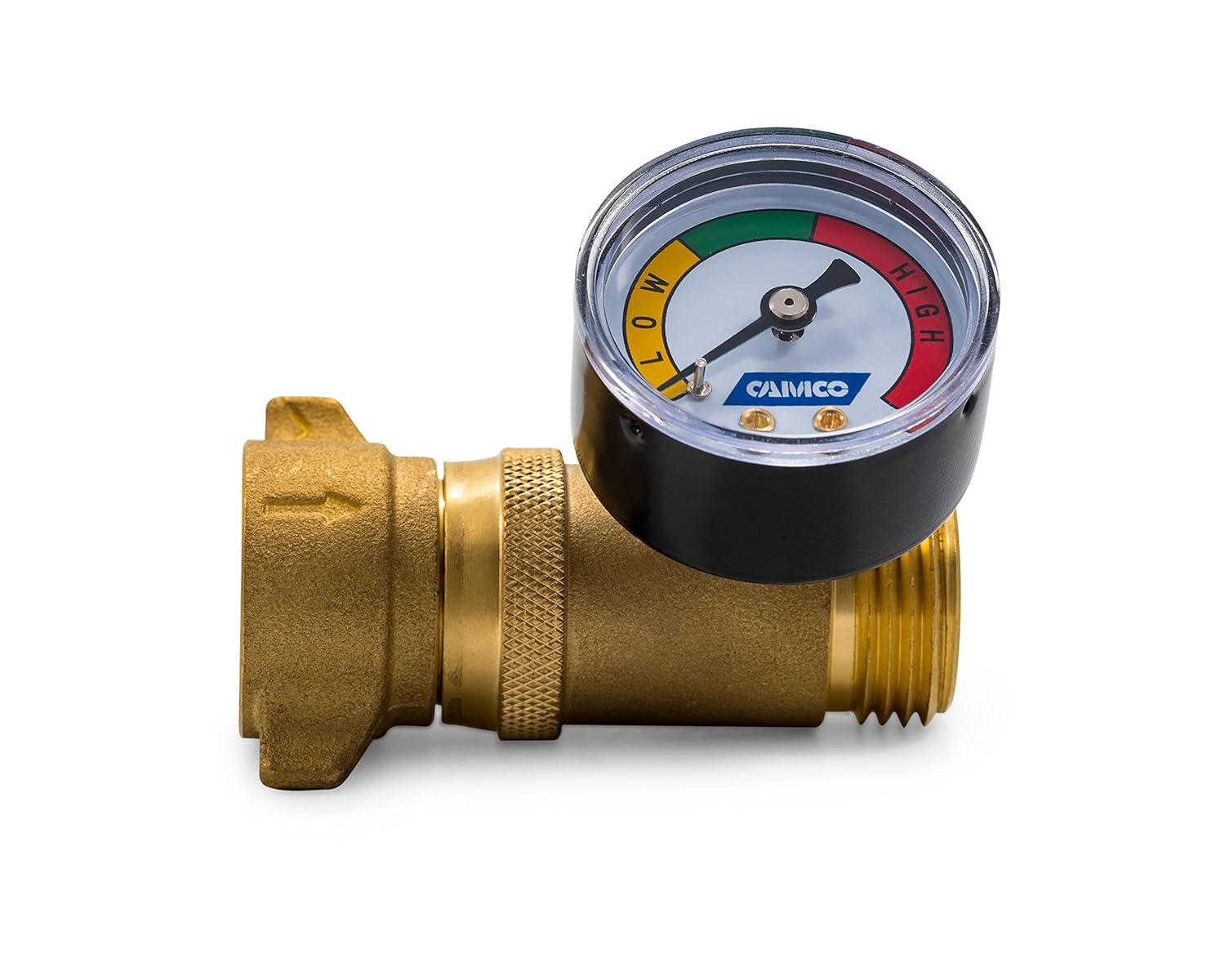

:max_bytes(150000):strip_icc()/testing-water-pressure-in-your-home-2718692-04-c37ab3236d0d4b61b87079ebf9ef823e.jpg)
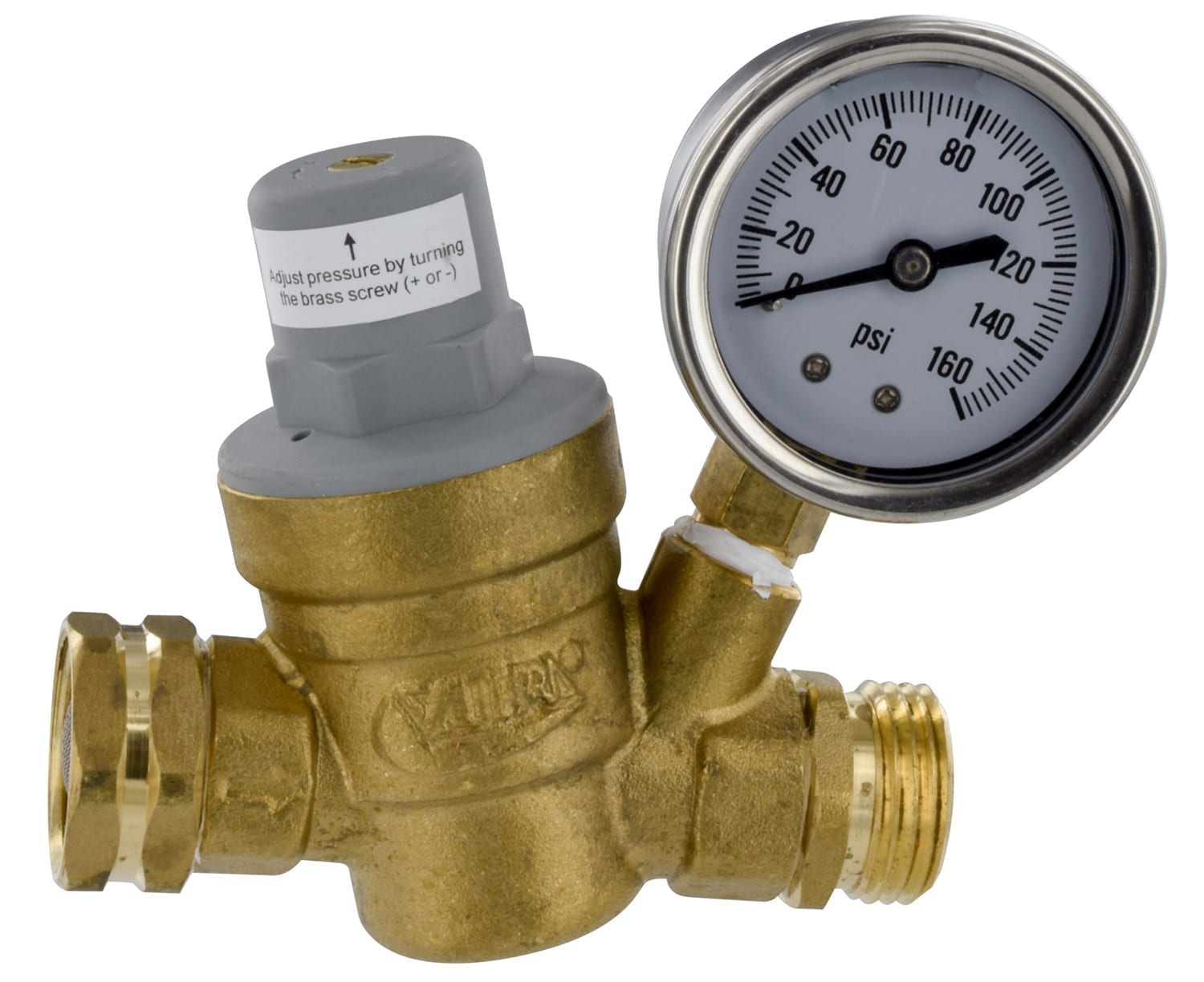



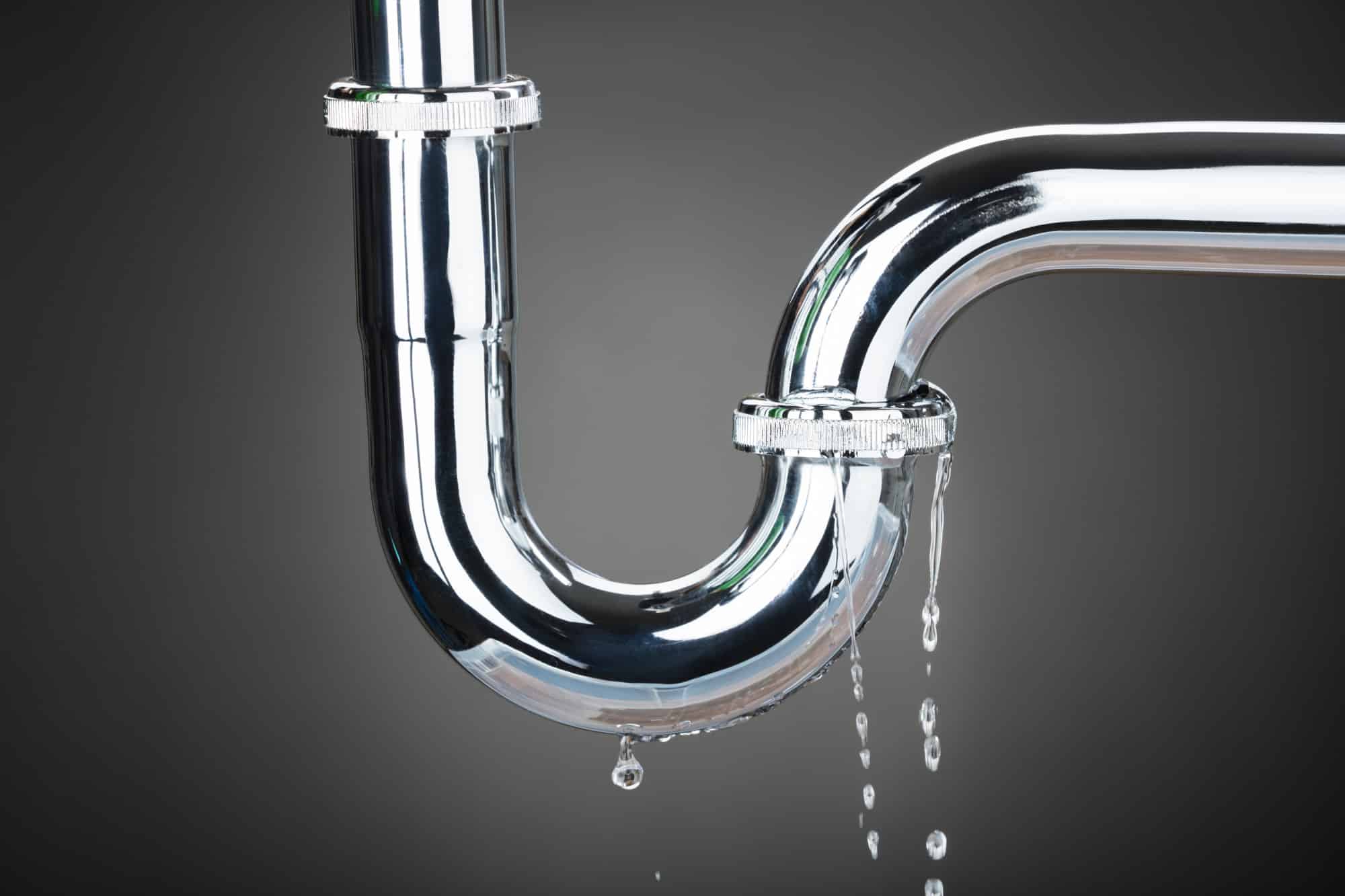
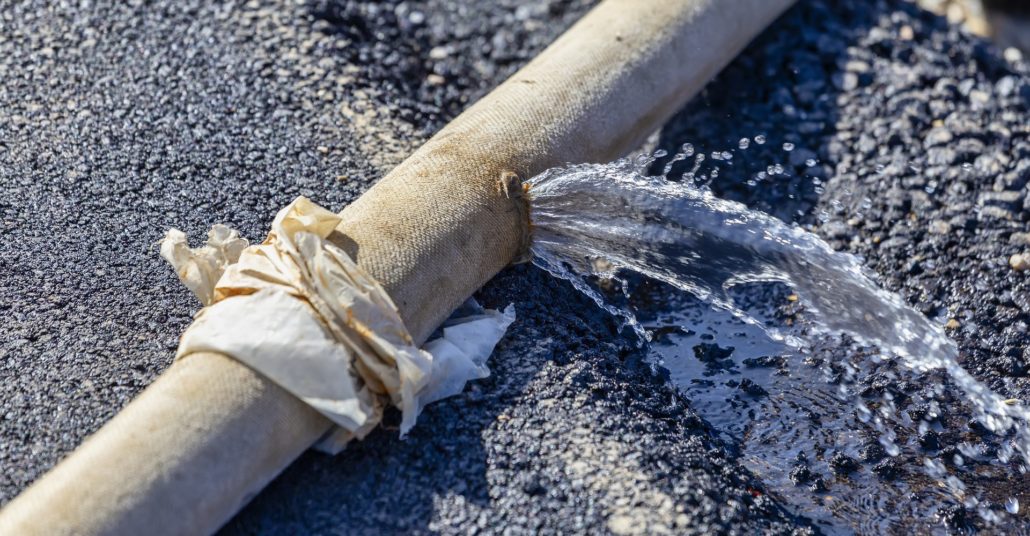
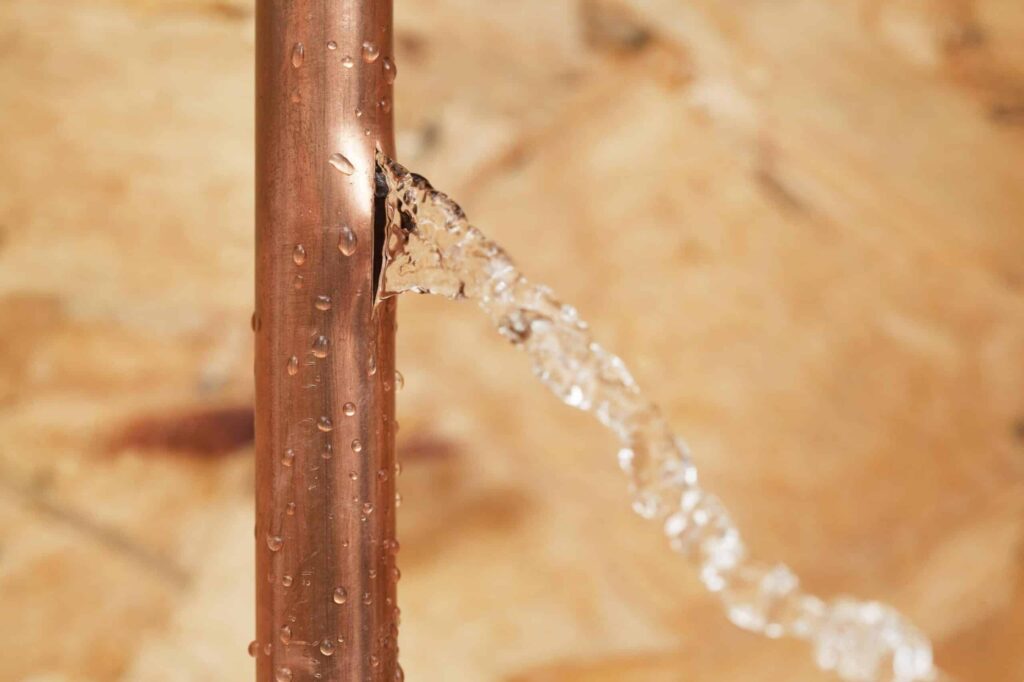


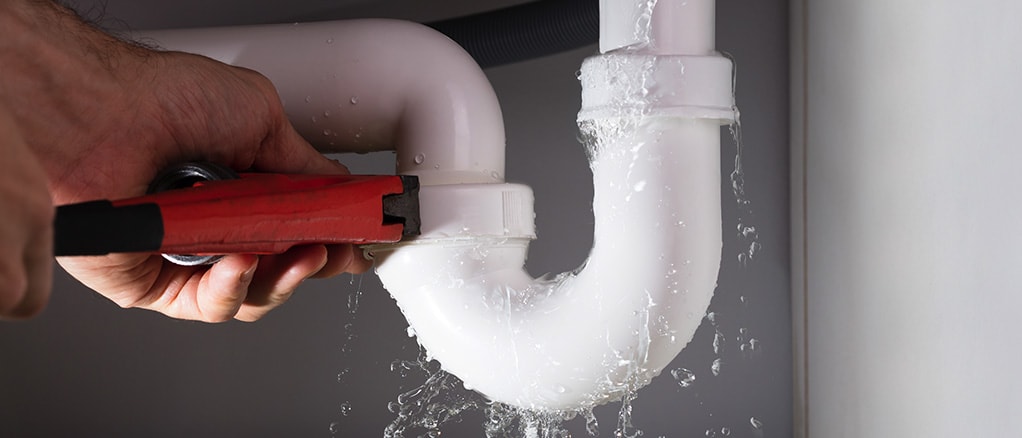
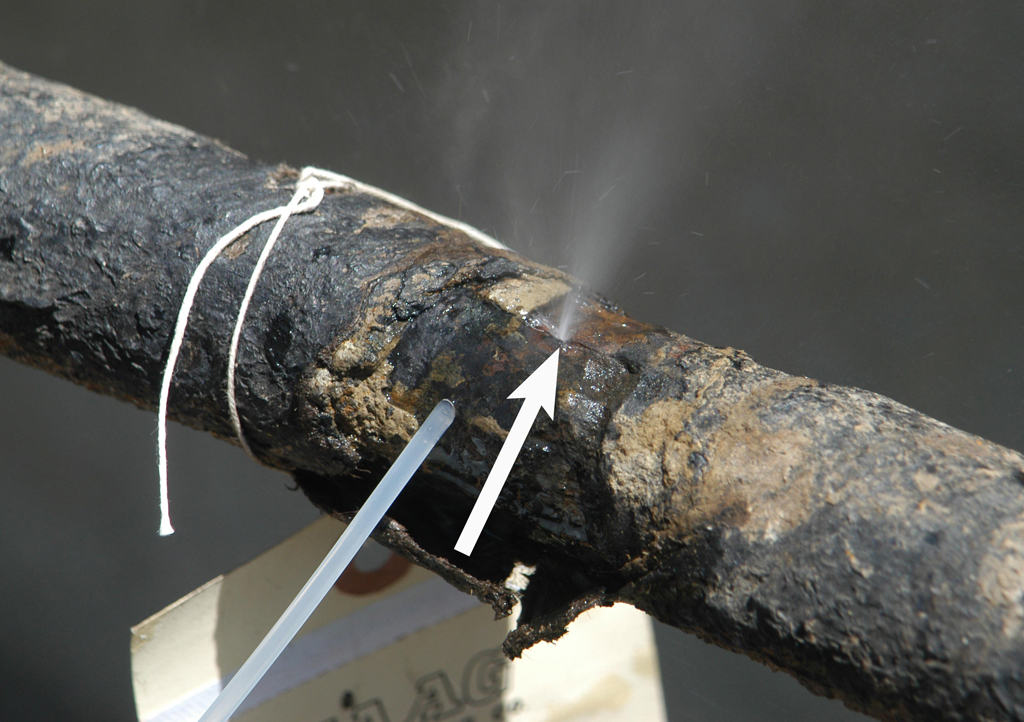

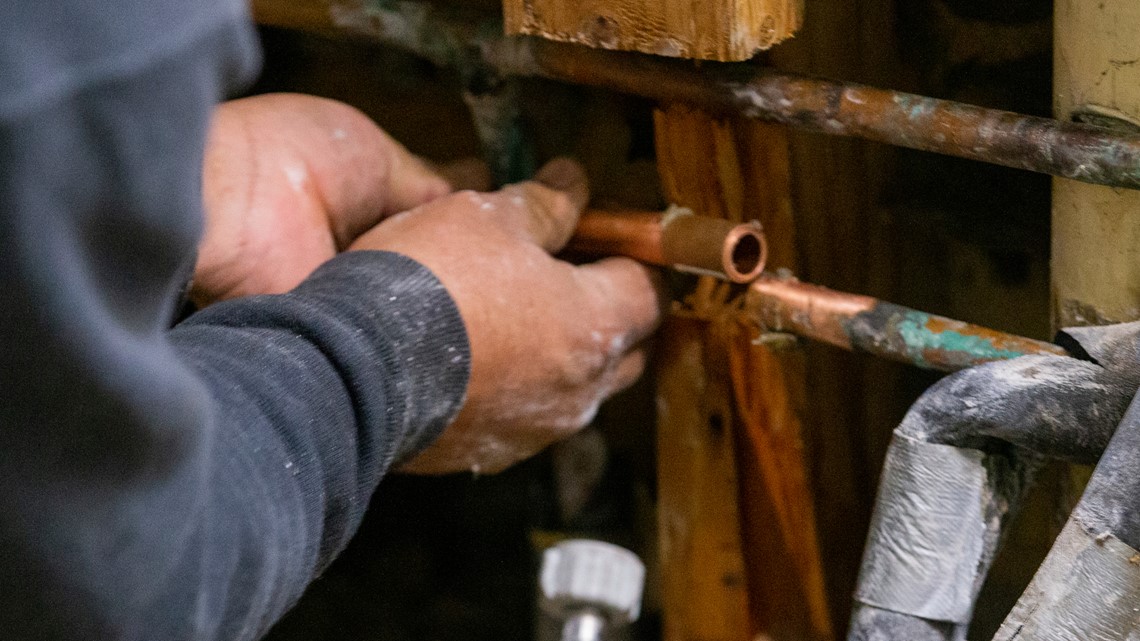
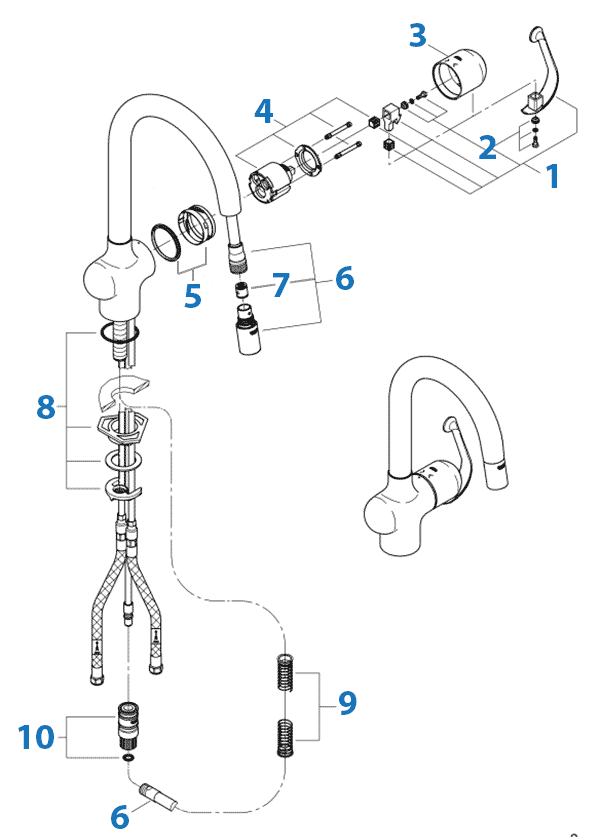



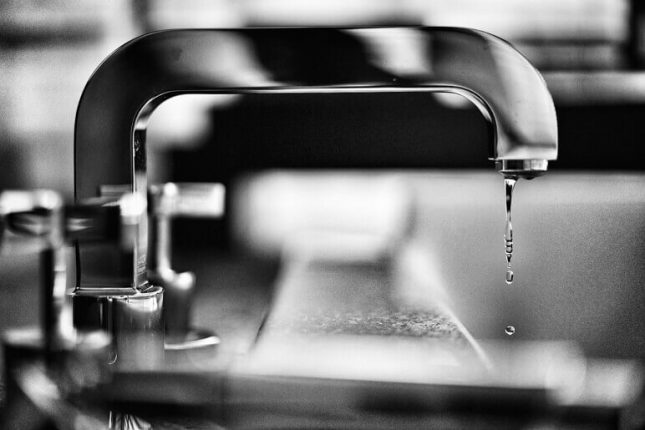





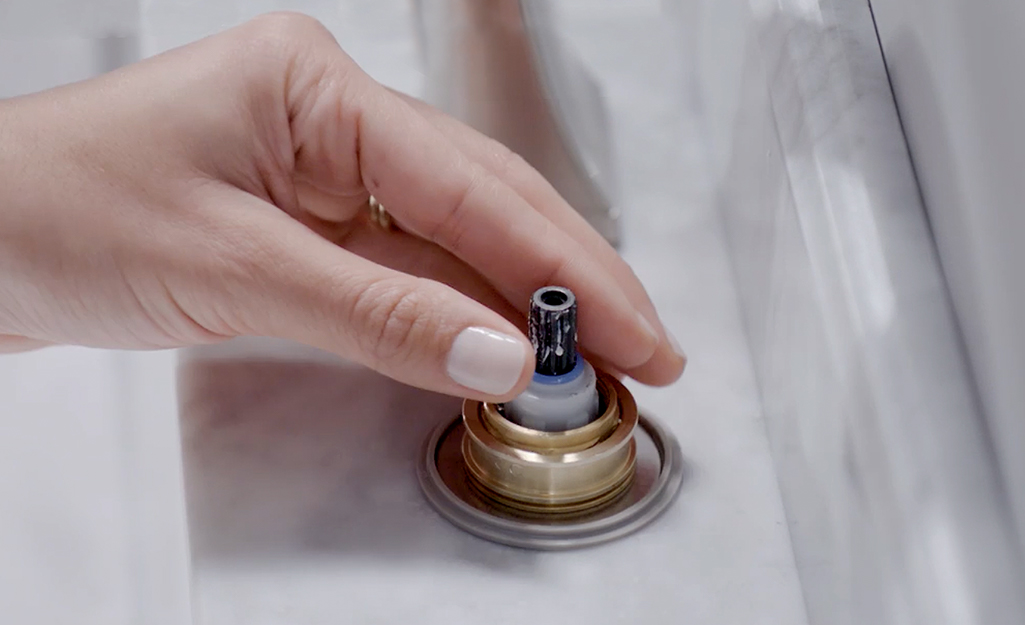







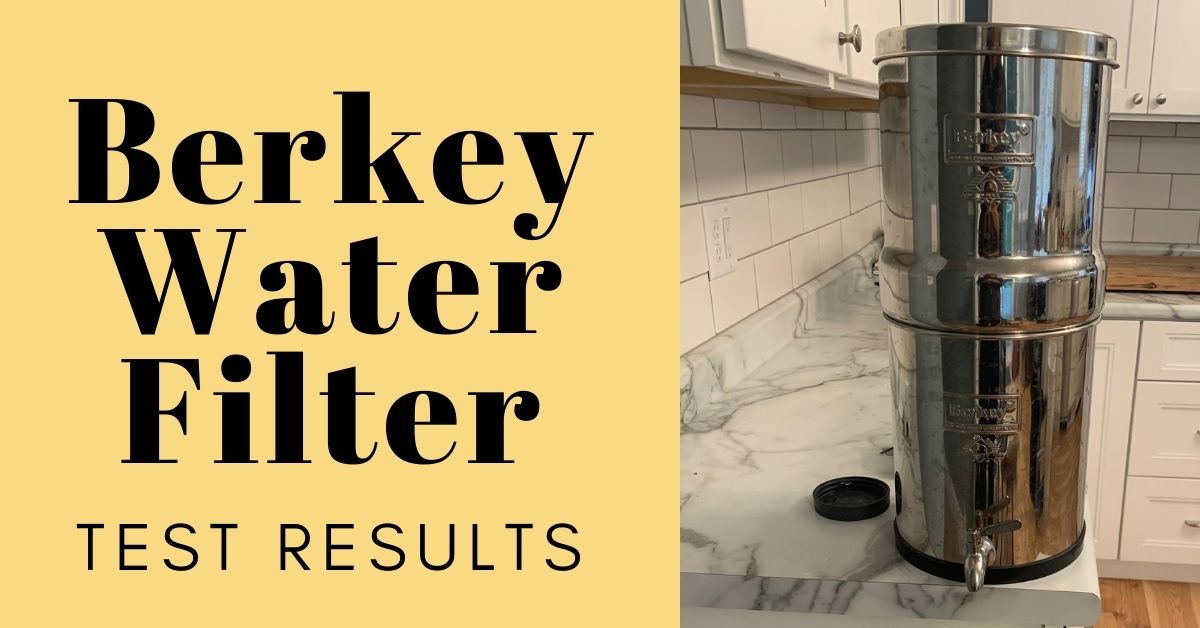
/cdn.vox-cdn.com/uploads/chorus_image/image/63879746/WaterFilter_2.0.jpg)
